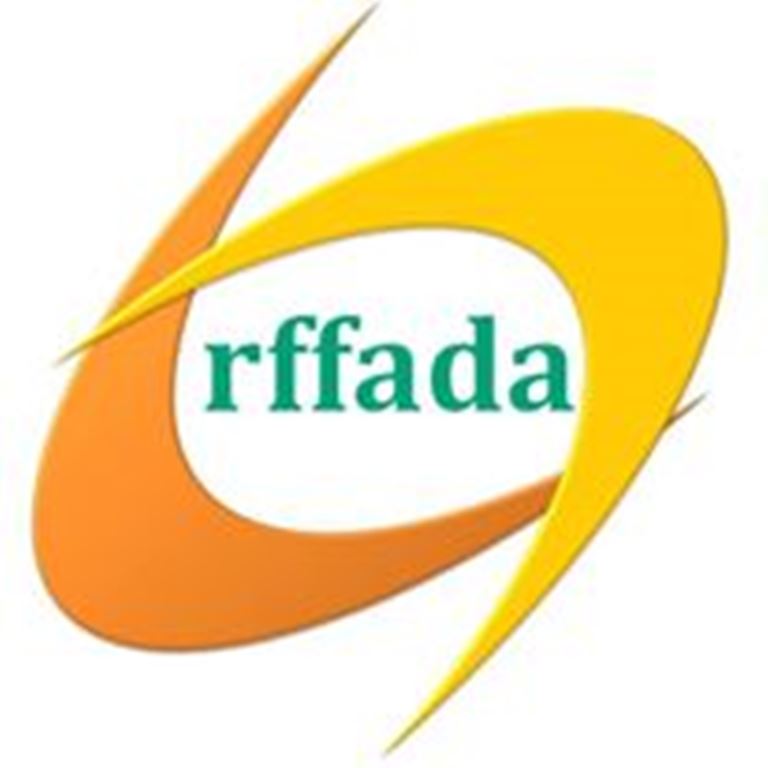Some people might not be aware but as well as the Federal Inquiry on FASD currently taken place the West Australian Parliament has also been conducting an Inquiry which has included FASD. This has been undertaken by the Education and Health Committee ‘into improving educational outcomes for Western Australians of all ages’. ![]() The final report to Parliament was released today.
The final report to Parliament was released today.
FARE presented evidence to this Committee in May and are pleased with the recommendations. There are 22 in the final report the key recommendations include:
Recommendation 1
The Western Australian government encourages the Federal Government to support the adoption of a FASD Diagnostic tool and the classification of FASD as a disability by June 2013.
Recommendation 7
The Minister for Health allocates additional funding in the 2013 budget to existing interdisciplinary health teams (such as in antenatal clinics, children’s hospitals and child development centres), to improve their ability to diagnose and treat children with FASD and support education and awareness strategies.
Recommendation 8
The Committee recommends that the Government and the Minister for Disability Services support changes to commonwealth and state legislation to better
accommodate children and adults with FASD. In particular any reference to disability or intellectual disability to be broadened to include a definition of cognitive impairment as an ongoing impairment in comprehension, reason, judgment, learning or memory, that is the result of any damage to or dysfunction, developmental delay, or deterioration of the brain or mind.
Recommendation 10
The Committee recommends that funding be allocated in the 2013 budget for the development of culturally specific prevention, intervention and management strategies for Aboriginal and Torres Strait Islander people who have FASD similar to the current ‘Marulu Strategy’ in Western Australia.
Recommendation 13
While acknowledging that the Australia and New Zealand Standards Code, which includes labelling requirements, is administered by the federal regulatory body Food Standards Australia and New Zealand, the Committee recommends that the Minister for Racing and Gaming amend the Liquor Control Act 1988 by December 2013 introducing a mandatory health warning label regime for alcohol products sold in Western Australia, including a message about the risks of consuming alcohol while pregnant. Similar legislative amendments were adopted in South Australia in relation to the mandatory labelling of beverage containers.
The health warning labels should be:
• mandatory so the label appears on all products
• applied consistently across all products so they are visible and recognisable
• include a number of rotating messages focussing on different social and health harms
• developed by health behaviour and public health experts
• regulated and enforced by government, and
• accompanied by a public education campaign.
